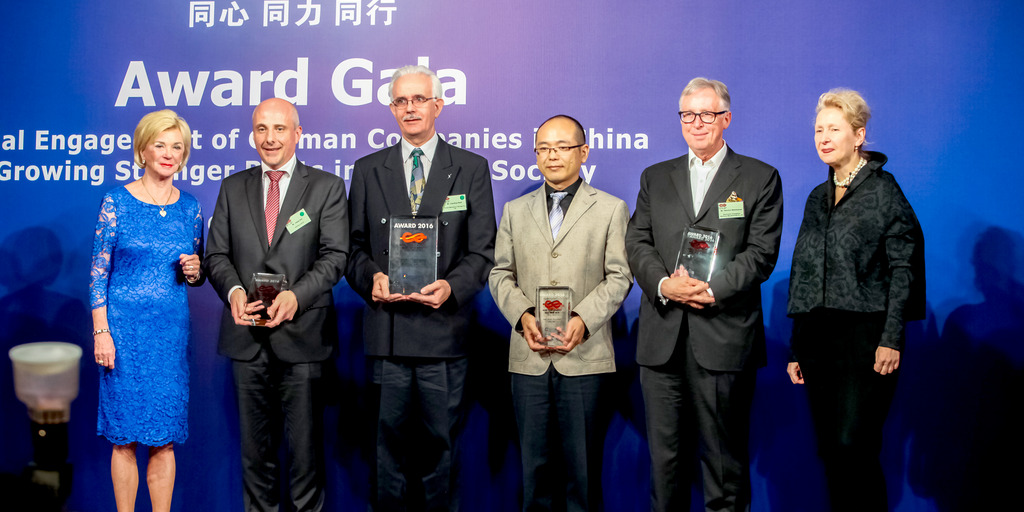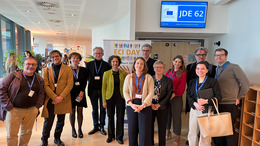More and more German companies see themselves as part of the Chinese system and want to get involved in improving the conditions for their employees, their communities and the environment they all live in. To support this development,the initative “More than a Market” by the Bertelsmann Stiftung, the German Chamber of Commerce in Shanghai and the German Consulate General, Shanghai honored four outstanding projects by German companies this year and shone a light on very different approaches to social engagement.
See how the four Award-winning projects really work in the project-videos below:



![[Translate to English:] Anti-Militär-Proteste in Myanmar](/fileadmin/files/_processed_/4/f/csm_Protesters_participate_in_an_anti-military_rally_01_1dc5b1c1ec.jpg)



